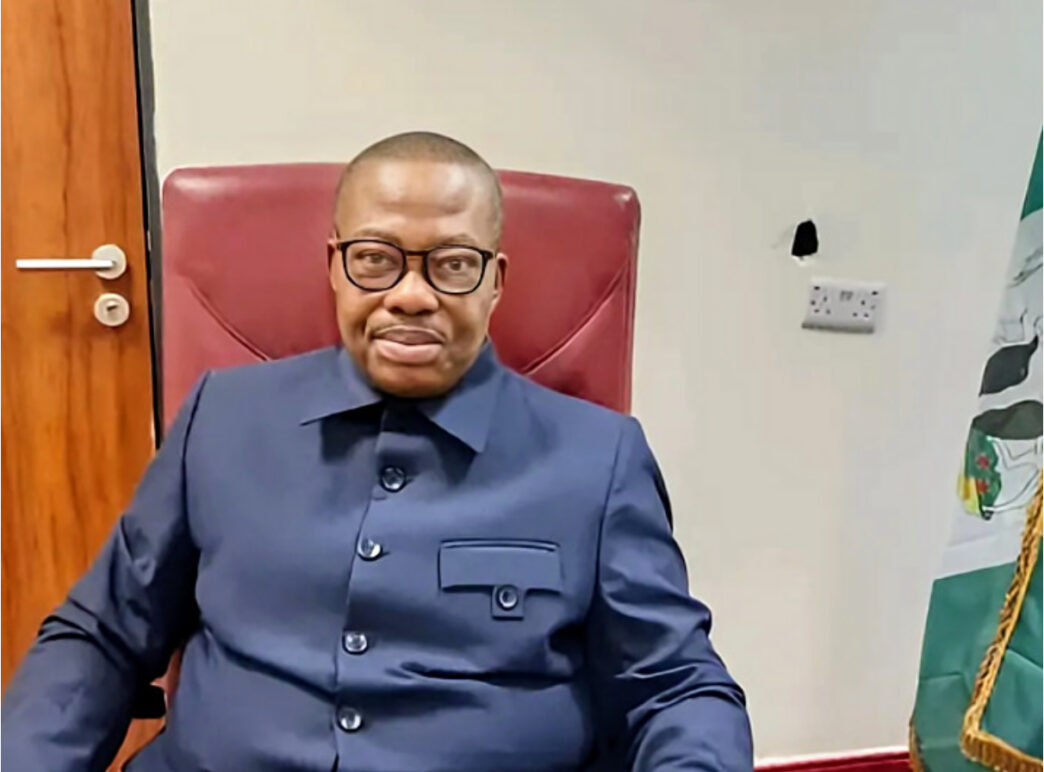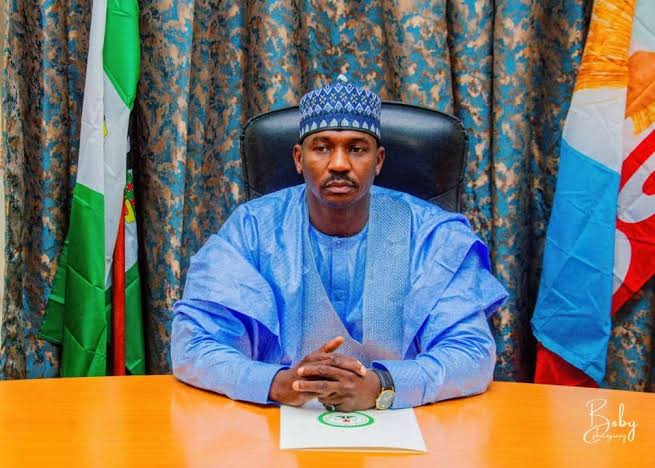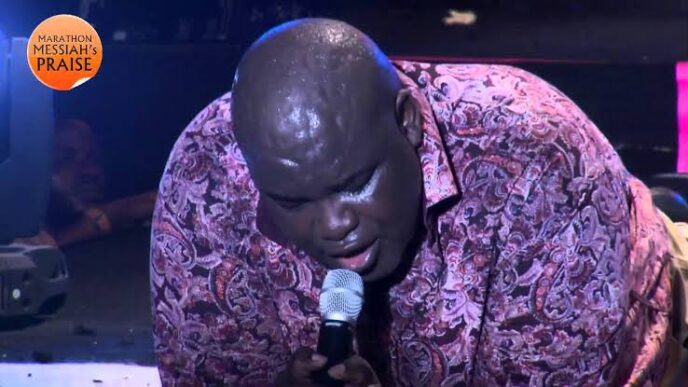The declaration of a state of emergency in Rivers State by the President and the subsequent appointment of a Sole Administrator is stiring considerable debate regarding the legality, structure, and accountability of emergency governance. One question now taking centre stage is whether the Sole Administrator is legally bound to honour the summons of the House of Representatives Committee established to monitor his activities.
As a constitutional lawyer, I offer a definitive answer: yes, the Sole Administrator is not only legally obligated but constitutionally bound to appear before the Committee. This position is supported by settled principles of constitutional law, legislative competence, and the very architecture of emergency governance.
Until declared otherwise by a court of competent jurisdiction, there exists a presumption of regularity in favour of the President’s proclamation of a state of emergency under Section 305 of the 1999 Constitution (as amended) and the appointment of a Sole Administrator. This presumption implies that the action of the executive is presumed lawful and valid in the absence of judicial invalidation.
Accordingly, the Sole Administrator is currently the de facto and de jure authority administering the affairs of Rivers State under emergency powers approved by the National Assembly. The legitimacy of his office, at least pending judicial pronouncement is not in doubt, and thus his accountability to the legislative arm of government becomes an imperative part of the constitutional equation.
It is important to emphasize that the National Assembly, in approving the emergency proclamation as required under Section 305(6)(c) of the Constitution, did not grant the executive a blank cheque. The House of Representatives, as part of its deliberative and approval process, attached specific conditions and responsibilities, one of which was the creation of an oversight mechanism to monitor the activities of the Sole Administrator.
This amendment or addendum to the proclamation is well within the legislative competence of the National Assembly. The Constitution does not require the Assembly to accept or reject the proclamation in toto; it is empowered to make modifications or impose terms in the course of approval. This aligns with the principles of checks and balances and reinforces legislative supremacy in the exercise of emergency powers.
Therefore, the argument that the Sole Administrator is only answerable to the President lacks constitutional foundation. He is also accountable to the body that legitimized his very appointment, the National Assembly.
Sections 88 and 89 of the Constitution vest the National Assembly with investigatory and oversight powers over any public officer or authority involved in the administration of public funds or the execution of public functions. These powers are broad and not restricted by the nature of appointment or the source of public funds.
The Sole Administrator, irrespective of the unusual circumstances of his appointment, exercises public powers and administers public resources. He is thus subject to legislative inquiry, just like any elected or appointed public official.
The courts have long affirmed this principle. In El-Rufai v. House of Representatives (2003) 46 WRN 1, the Court upheld the right of the legislature to summon and question any public officer whose actions touch on governance and public interest.
Any claim that the emergency proclamation or regulations thereunder can shield the Sole Administrator from legislative summons is legally untenable. Section 1(3) of the Constitution is clear: “If any law is inconsistent with the provisions of this Constitution, the Constitution shall prevail and that other law shall, to the extent of the inconsistency, be void.”
A presidential proclamation is an executive act and must conform to constitutional standards. It cannot override legislative authority or render the National Assembly’s oversight redundant.
The doctrine of accountability applies to anyone who exercises public authority or spends public money. Even if the Sole Administrator’s funding comes directly from the Presidency, it still constitutes public expenditure drawn from the Consolidated Revenue Fund or similar sources. Such expenditure is subject to oversight by the National Assembly.
Public service, regardless of its origin, must be tethered to transparency and accountability. The National Assembly’s call for the Sole Administrator to appear is not merely procedural, it is a constitutional imperative.
Far from being a threat to executive function, legislative oversight strengthens democracy by promoting transparency and discouraging impunity. In times of emergency, when executive powers are typically expanded, such checks become even more critical.
Failure to submit to oversight sets a dangerous precedent, one where emergency rule becomes a cover for unaccountable governance, something no democracy can afford.
In conclusion, I must emphasize that Nigeria is a constitutional democracy, not an executive dictatorship. Emergency powers must operate within the boundaries of the Constitution, and all public officeholders, emergency-appointed or otherwise, must remain accountable to the people through their elected representatives.
The Sole Administrator of Rivers State must, therefore, honour the invitation extended by the House of Representatives Committee. It is not only the constitutionally correct action but a necessary step toward reinforcing democratic accountability in times of political crisis.
Addendum: Clarifying the focus of this argument
This intervention is not an endorsement or rejection of the legitimacy of the Sole Administrator’s government, such determination lies squarely within the jurisdiction of the courts. Rather, the argument presented here focuses on a distinct constitutional issue: whether the House of Representatives Committee has the authority to invite the Sole Administrator to answer questions relating to the exercise of his powers. The answer, supported by constitutional text, judicial precedent, and the principles of accountability, is a resounding yes. Moreover in approving the Proclamation of the President of Nigeria on the emergency rule, the House of Representatives inserted a clause that empowers them to oversight the functions of the sole administrator
The inquiry of the House of Representatives, seeks to ensure that his actions conform to the terms and limitations of the emergency proclamation and the instrument of his appointment, a function entirely consistent with the National Assembly’s constitutional duty.
Dr. Monday O. Ubani, SAN
Senior Advocate of Nigeria and Public Affairs Commentator.
Gatekeepers News is not liable for opinions expressed in this article, they’re strictly the writer’s












